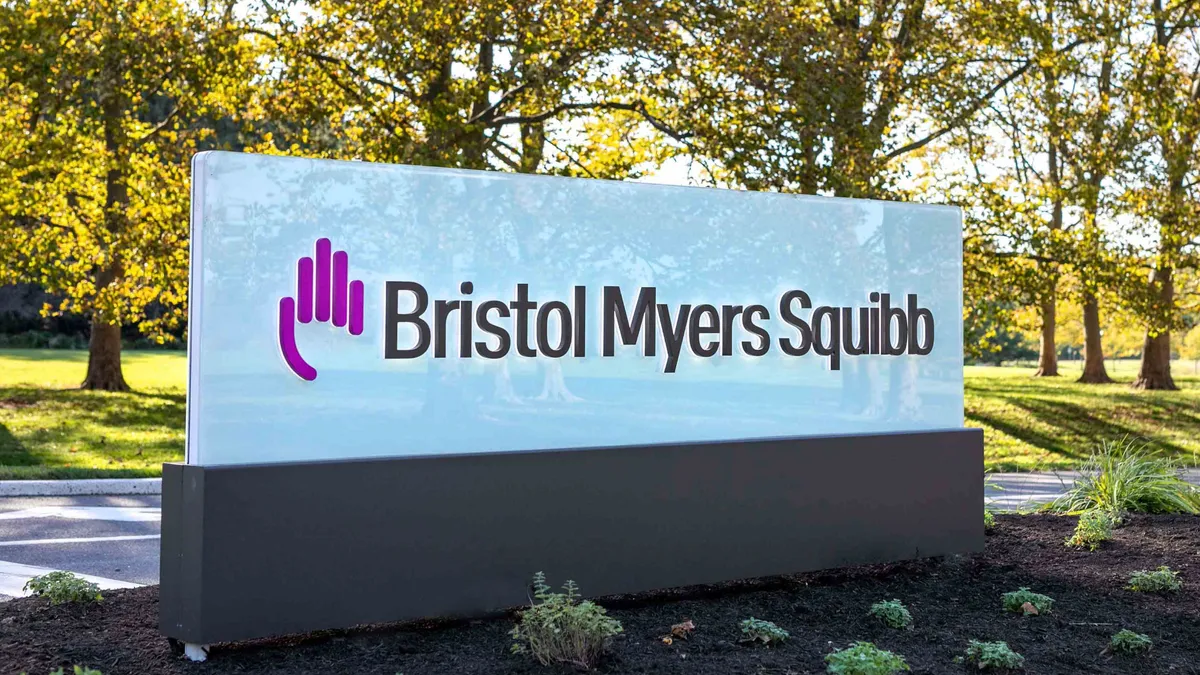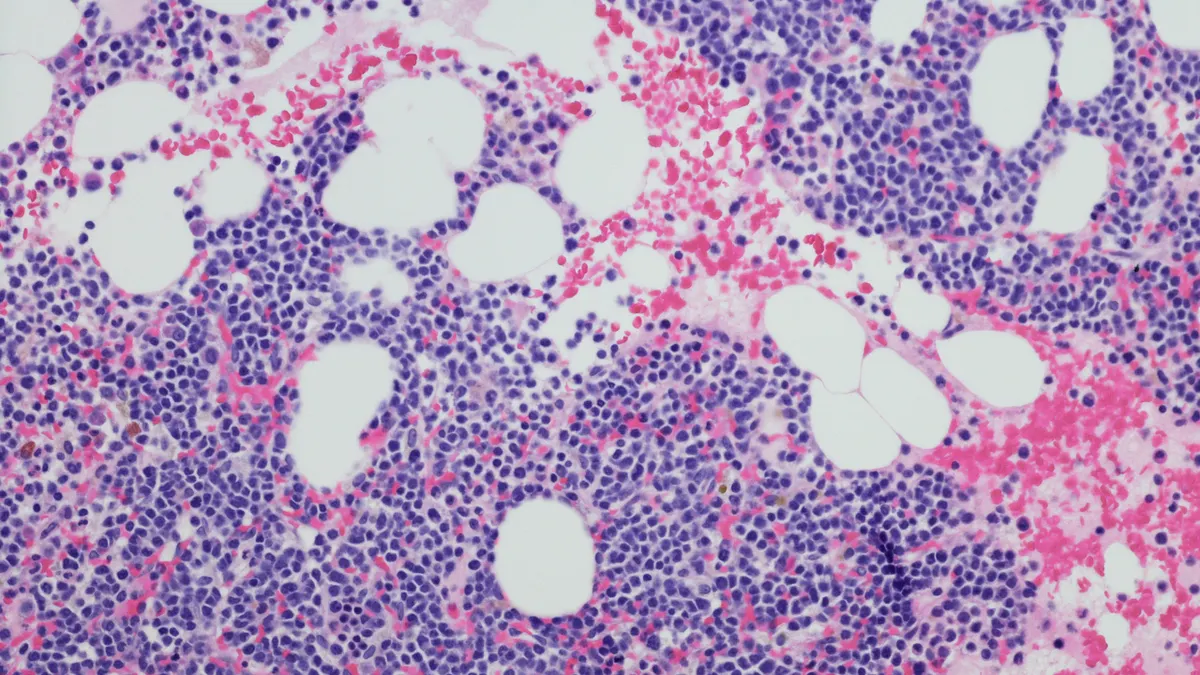Pfizer has officially given up on an experimental gene therapy for Duchenne muscular dystrophy and will lay off staff involved in the project, the company confirmed Tuesday.
“In light of the disappointing results” Pfizer disclosed from a Phase 3 study in June, the company “does not have plans to continue development” of the therapy, a spokesperson wrote in an email to BioPharma Dive.
Pfizer will continue to monitor all participants treated in studies of the therapy, and is “committed to sharing detailed results” at medical and patient advocacy meetings “to ensure that learnings from the trial can help improve future research and development of treatments for boys living with [Duchenne],” the spokesperson added.
Pfizer is also cutting jobs at a site in Sanford, North Carolina, that served as the main hub for its Duchenne research and produces two gene therapies for hemophilia. According to the spokesperson, 150 employees working on the Duchenne program “and other site operations” will be impacted by the layoffs.
In a quarterly earnings presentation Thursday, Pfizer said it’s taking a $230 million impairment charge related to the therapy’s discontinuation. It’s also “reviewing all future options,” including a possible sale, of a separate facility it acquired from contract manufacturing firm Abzena in 2023 and that’s involved in the program. The building was scheduled to open by the end of the year, but plans changed following the study failure. No buyer has been identified, the spokesperson said.
Pfizer expects to take an additional $400 million charge related to the Abzena facility in the third quarter.
The decision to terminate development officially removes the near-term possibility of a second gene therapy option for people with Duchenne, a progressive and deadly condition with no cure and limited available treatments. U.S. regulators granted a narrow clearance to Sarepta Therapeutics’ Elevidys in 2023 and substantially broadened its use last month, despite clinical results that have left doubts about its effectiveness. Behind Elevidys, Pfizer’s therapy was the furthest along in clinical development. The company previously expected to file for approval if Phase 3 study results were positive.
Pfizer originally acquired the medicine when it bought North Carolina-based biotechnology startup Bamboo Therapeutics in 2016. That acquisition was part of a move by Pfizer to invest in gene therapy — an effort that’s since produced uneven results. The company this year won its first U.S. approval, for a hemophilia B treatment it sells as Beqvez, and last week said a therapy for hemophilia A succeeded in a late-stage trial. But it’s also cut back on early-stage gene therapy research and saw testing of its Duchenne candidate stalled multiple times due to safety concerns, among them the death of a study participant.
Still, Pfizer saw the program through and pursued a different regulatory path than rival Sarepta, which filed for an accelerated approval before obtaining results from a pivotal, placebo-controlled trial. In an interview last year, Dan Levy, Pfizer’s development head of rare neurologic diseases, said the company made that call on the belief it would make a stronger case to regulators than primarily relying on comparisons between the drug’s performance and historical data.
“We believe the good data is going to come from a placebo-controlled, randomized clinical trial,” Levy said at the time. “We’ve received general guidance from regulators around that.”
Since then, Sarepta’s therapy missed the main goal of such a trial but nonetheless won a broad approval, as Peter Marks, the top Food and Drug Administration gene therapy evaluator, overruled other agency staff on the belief that apparent benefits on other measures — such as a timed test of how quickly a person stood up — warranted expanded use. Pfizer reported no such benefits when its treatment failed last month, revealing at the time that the therapy missed all of its study objectives.
Pfizer isn’t working on any other Duchenne medicines. There also aren’t any other Duchenne gene therapies in late-stage testing, though Regenxbio could begin a Phase 3 study this year.
The company is separately letting go of 60 workers at a site in Rocky Mount, North Carolina that specializes in sterilized injectables following “lower projected product demand,” the spokesperson wrote. The layoffs come amid broader spending cuts at Pfizer following a significant decline in revenue from its COVID-19 treatments.






















